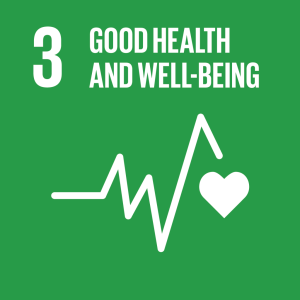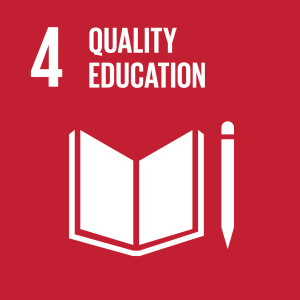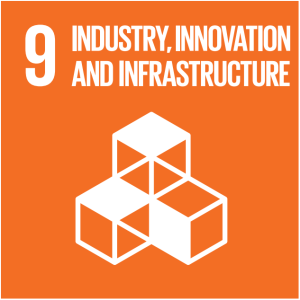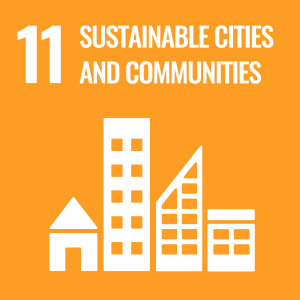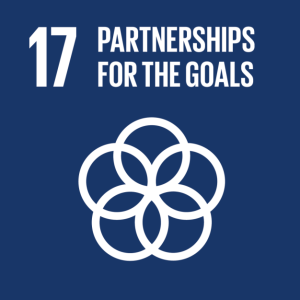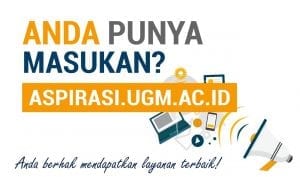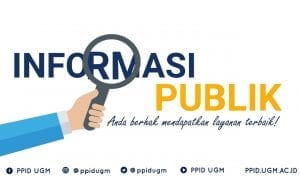Announcement of the winner by the PIMNAS 33 committee via YouTube live broadcast.
The National Student Science Week or commonly abbreviated as PIMNAS is an annual event organized by the Ministry of Education and Culture (previously held by the Ministry of Technology Research and Higher Education) as the culmination of the implementation of PKM activities which are attended by universities in Indonesia. The PIMNAS event is an event that fosters, accommodates, and realizes creative and innovative ideas for students from all over the country.
The Covid-19 pandemic that has hit since the end of 2019 has a major impact on government policies around the world. In response to this pandemic condition, PIMNAS, which is supposed to be held offline every year, will have to be held semi-online in 2020. The 33rd PIMNAS 2020 event which was held semi-online was held at Gadjah Mada University with the implementation of the protocol to prevent the spread of COVID-19.
Of the 435 universities that passed the funding in 2020, UGM managed to be ranked 1st with 82 proposals submitted by UGM student groups and passed the 33rd PIMNAS 2020. One of the teams from Universitas Gadjah Mada is the PKM-PSH team from FIB consisting of Naufal Raffi Arrazaq (Archaeology), Indah Nurafani Syarqiyah (Archaeology), and Sahmu Hidayat (Javanese Literature). The team won 2 gold medals in the presentation and poster categories.
The team led by Naufal raised the study of catastrophic traces in the Special Region of Yogyakarta. The underlying background of this study is the current condition of the people of Yogyakarta who have begun to abandon traditional knowledge about catastrophes or natural disasters. Today's society believes more in studies based on science and technology. Aspects of science and technology are indeed very important in this modern era, but science and technology studies are unable to reach the philosophical meaning of traditional knowledge. Therefore, socio-humanities-based studies need to be conducted to reveal aspects that cannot be reached by science and technology studies.
Based on these various aspects, this team then designed the concept of social humanities studies to identify and analyze traces of ancient catastrophes in Yogyakarta from a philoarchaeological perspective. At a further stage of the study, the team developed policy recommendations regarding the implementation strategy of traditional knowledge in disaster mitigation efforts. Implementation in the field of education is expected to increase awareness and knowledge of the younger generation about disasters.
poster titled Wasita Bañcana that won a gold medal at PIMNAS 33



